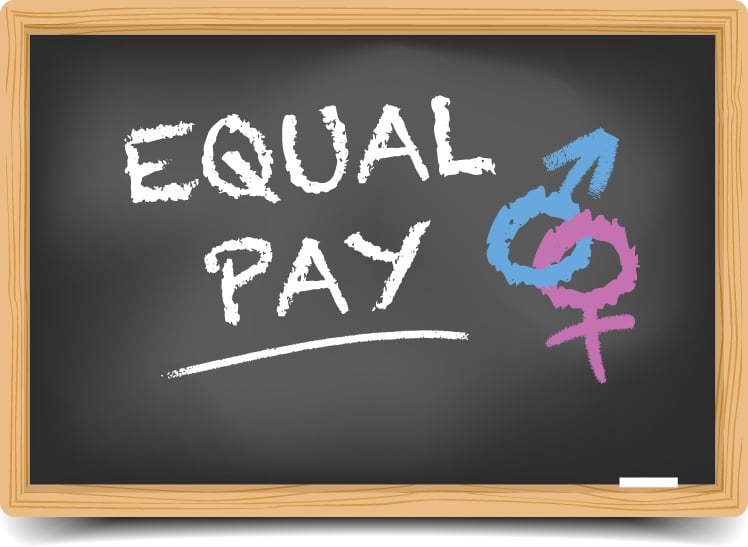Hiring top talent is one of the most critical responsibilities of any organization, yet it often takes far longer than expected. Many hiring managers and HR personnel find themselves frustrated by the delays, inefficiencies, and bottlenecks that seem to plague the...





 In an effort to continue working toward closing the gender wage gap, more states are enacting laws that prevent an employer from
In an effort to continue working toward closing the gender wage gap, more states are enacting laws that prevent an employer from 
 For over fifty years there have been laws in place
For over fifty years there have been laws in place